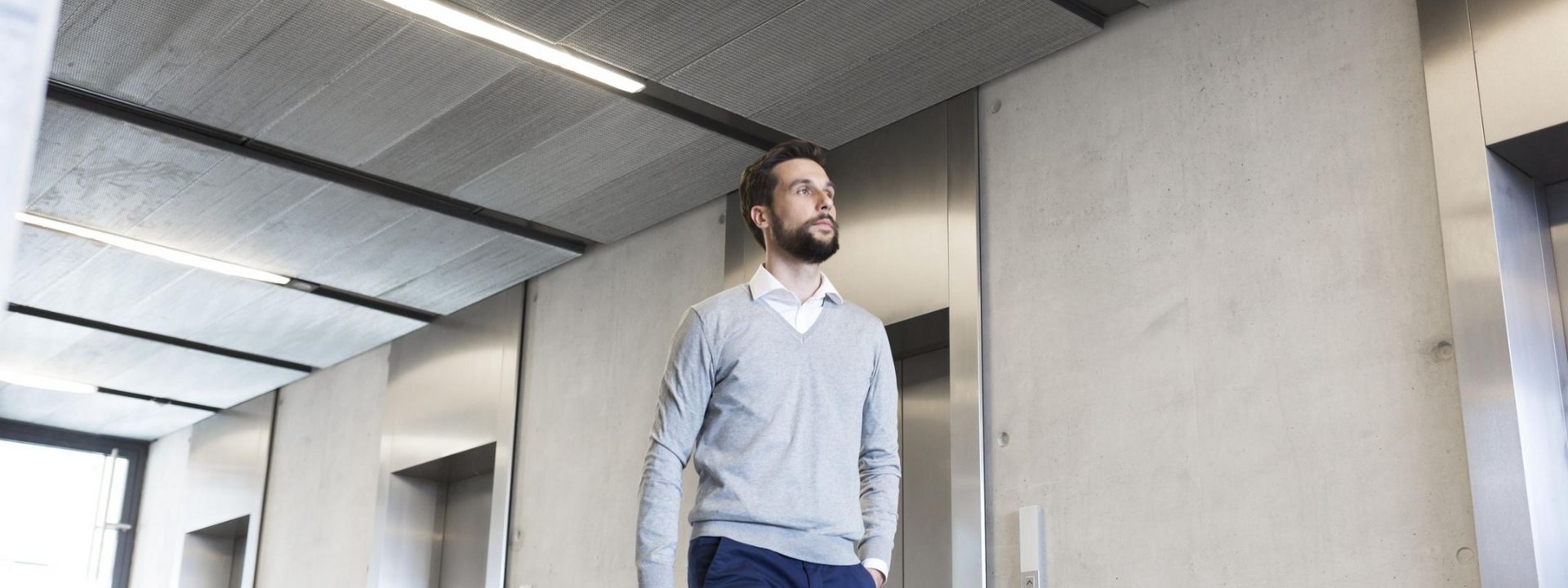Prior to the amendments, the beneficiary of the cheque could, and normally would, rely on its ability to file a criminal complaint to pressure the cheque issuer to settle the value of the bounced cheque to avoid imprisonment. This route was time consuming and did not often yield any successful recovery.
With the new changes, the bank is obliged to make partial payment up to the amount available in the drawer’s account unless the beneficiary refuses. For example, if you deposited a cheque for AED200,000, and the drawer only had AED 100,000 in their account. The bank will have to pay the available amount of AED 100,000. The bank will then write the value of the partial payment on the back of the cheque and return it to the beneficiary with a certificate of partial payment. The beneficiary could then file an execution case against the drawer for the outstanding amount.
The bounced cheque is now an executive instrument which means that the litigation process is accelerated. Instead of starting substantive civil proceedings, you can now directly file an execution case for an executive order, which may include seizing the assets of the drawer.
Finally, the amendments maintain some of the existing cheque-related criminal offences and introduce new offences. These include, for example, where the drawer intentionally writes a cheque in such a way to prevent it from being paid, withdraws funds from its account prior to issuing the cheque or before the cheque is presented for payment, or orders the bank not to cash the cheque without a valid legal reason.
While previously criminal proceedings were the main route to recoup the value of a bounced cheque, the new provisions are expected to provide a quicker alternative in the overall recovery process. The changes also bring the UAE in line with most other developed nations and promotes the economic stability of the country by eliminating what is a significant drain on public resources.

